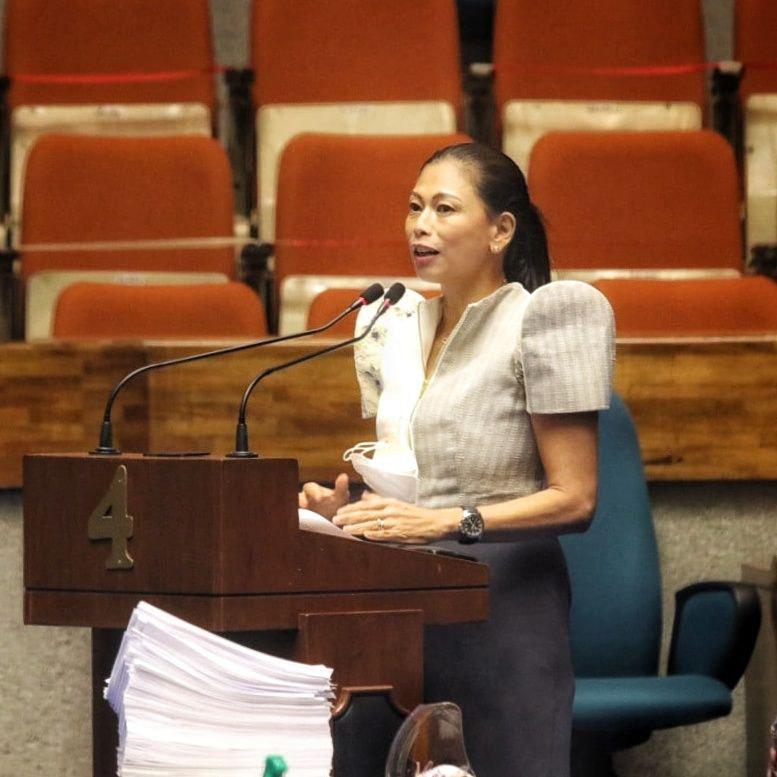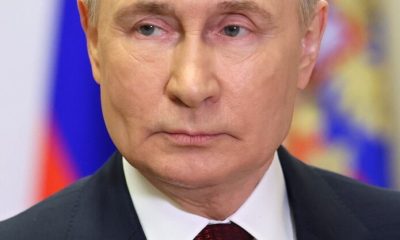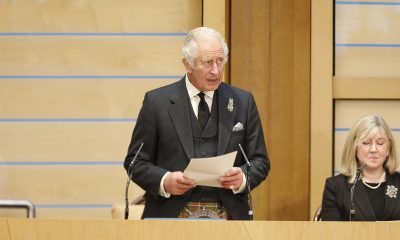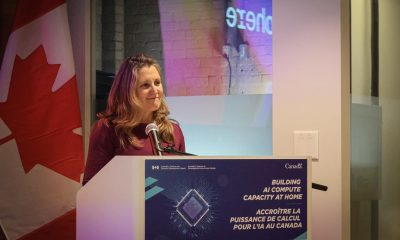Headline
Gov’t urged to open up economy amid MECQ extension in NCR

MANILA – In light of the rising prices of basic commodities recorded in August, a lawmaker on Wednesday appealed to the government to reopen the economy amid a move to extend the stricter modified enhanced community quarantine until Sept. 15 in Metro Manila.
Marikina City Rep. Stella Quimbo made the appeal following reports that the inflation rate increased to 4.9 percent for the previous month which is mainly attributed to food, particularly pork, vegetables, and fish.
“Sa kabila ng pagtaas ng presyo ng bilihin, sarado pa rin ang ekonomiya. Di na magiging sapat ang pagkain lalo na para sa mga no work, no pay workers na umaabot ng 6 million sa NCR Plus areas (Despite the increasing prices of basic goods, the economy remains closed. There wouldn’t be enough food especially for those no work, no pay workers that reached 6 million in the National Capital Region Plus areas),” Quimbo said.
Quimbo expressed support to impose granular lockdowns on high-risk areas, arguing that such an approach will respond to the safety as well as financial concerns of Filipinos amid the current pandemic.
“Butas na po ang bulsa ng Pinoy kaka-lockdown. Kung milyun-milyon na ang bakunado at ine-enforce nang mabuti ang minimum health standards, buksan na po ang ekonomiya at payagang mag-hanapbuhay ang ordinaryong Pilipino (The Filipinos have already run out of money due to prolonged lockdowns. If millions have already been vaccinated and minimum health standards are enforced, then we should open our economy and allow the ordinary Filipino to return to work),” she said.
She said workplaces and businesses that are “Covid-safe” — or those that have regular testing, social distancing, and 70 percent vaccinated employees — should be allowed to operate.
The granular lockdowns, she said, are well-supported by members of Inter-Agency Task Force for the Management of Infectious Diseases (IATF-EID)-Sub-Technical Working Group on Data Analytics as heard during the House Committee on Good Government and Public Accountability meeting last Tuesday.
Instead of having various classifications for community quarantine, she said there should be granular lockdowns and “business bubbles” that would allow safer spaces for employees who need to return to their workplaces.
“Basta lumagpas ang bilang at pagdami ng Covid cases sa isang lugar, required na dapat ang LGU na magpatupad ng granular lockdown. Meanwhile, patuloy ang trabaho sa mga Covid safe workplaces and businesses (Once the Covid cases reach a certain number in one place, the LGU [local government unit] is required to impose a granular lockdown. Meanwhile, work would continue for Covid safe workplaces and businesses),” she said.
Presidential Spokesperson Harry Roque said the quarantine classification in Metro Manila would only be downgraded to GCQ once the country’s metropolis is ready for the pilot implementation of granular lockdowns.
“Metro Manila’s current risk classification as modified enhanced community quarantine shall be maintained until Sept. 15, or until the pilot GCQ with Alert Level System is implemented, whichever comes first,” Roque, also acting as IATF-EID spokesperson, said in a press statement on Tuesday.
Metro Manila was supposed to be under regular GCQ from Sept. 8 to 30 to pave the way for the implementation of localized or granular lockdowns in the country’s metropolis.
Following the deferment of GCQ implementation in Metro Manila, indoor and alfresco dine-in services remain prohibited, Roque said.
Roque added that personal care services like beauty salons, beauty parlors, and nail spas are likewise not allowed.
Religious services, Roque said, may be performed through “online video recording and transmission.”
Roque said necrological services in wakes, inurnment, and funerals can still be attended by immediate family members, so long as the deceased died of non-Covid-19 causes.



























